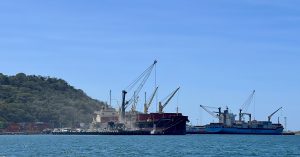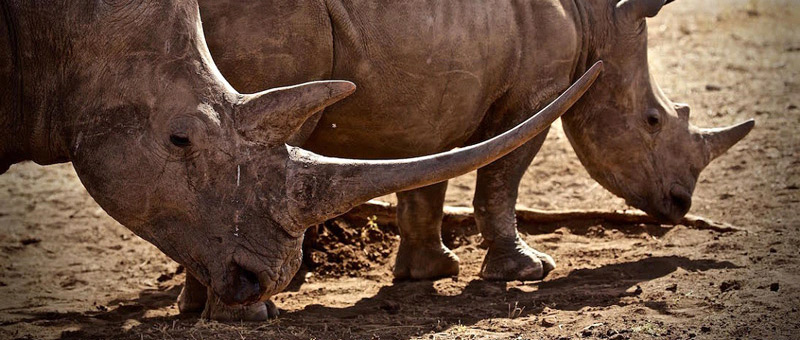Operation HUMMINGBIRD
Enhancing Costa Rica’s Capacity to Counter Wildlife Trafficking
Launched in 2022, Operation HUMMINGBIRD was a pivotal initiative aimed at dismantling wildlife trafficking networks and reducing the ability of criminal groups to profit from poaching and trafficking protected animals and their body parts, particularly in Costa Rica. The operation focused on disrupting these illicit activities both within the country and across international borders, addressing a wide range of environmental crimes, including illegal wildlife/seafood and timber trade.
Operation HUMMINGBIRD was carried out in collaboration with Humane Society International and the International Fund for Animal Welfare (IFAW), with funding from the U.S. Bureau of International Narcotics and Law Enforcement Affairs (INL).
ELI collected first-hand intelligence and evidence regarding the smuggling methods, hotspots, and key Persons of Interest (PoIs), as well as information on the cross-border links with the neighboring countries. Our team also collected remote intelligence and analyzed open-source data, including export Custom Codes of shark fins, other shark products, and timber. ELI also identified the role of large companies that play a critical role in the illegal trade of shark fin and timber in the region.
Evidence collected by ELI since the beginning of the Project confirms that organized criminal networks operate in Costa Rica in wildlife trafficking, shark fins trade, and illegal timber business, as well as other unlawful activities like cigarette and alcohol trafficking and other serious crimes like money laundering. Through ELI´s past fieldwork and information collected first-hand during our operations, we have discovered that environmental crime is a cross-cutting transnational criminal activity that occurs in convergence with other serious crimes, including money laundering, corruption, and human smuggling.

During intelligence gathering operations, ELI has uncovered extensive trafficking of live wild animals and illegal wildlife products in Costa Rica. Despite heightened police controls and more severe penalties, traffickers continue to engage in this illicit trade. The intelligence gathering around shark fins trafficking identified 7 individuals (Persons of Interest), all foreigners, with biggest trading companies in the region based in Costa Rica and Panama. ELI discovered that most of the wildlife products deemed to be “good” shark fins by the traffickers come from sharks fished on the Pacific side of Costa Rica. The sourcing hotspots are the areas of Puntarenas and Limon, where many Asian traffickers reside, and engage in trade. A large amount of shark fins is apparently also brought to Limon from Venezuela.
At the conclusion of the operation, ELI provided our partners and the U.S. government with a Confidential Intelligence Brief (CIB) containing detailed personal information about the most significant traffickers identified, their modus operandi, trafficking methods, and routes.
One of the goals of the project, supervised by our partners, was also to enhance the investigative capacity of law enforcement agencies (LEAs) in Costa Rica, enabling them to more effectively detect, interdict, seize, and properly handle illegal wildlife products and live wild animals. Key activities of the project also involved providing vital equipment to LEAs, such as advanced tools for investigating, documenting, and managing wildlife crime cases.

In addition to law enforcement improvements, the operation built the capacity of the judiciary and prosecutors, ensuring they had the expertise to effectively prosecute and adjudicate wildlife crimes. The project also tackled several critical areas, including the exploitation of Costa Rica’s natural resources through illegal mining activities.
By addressing both the immediate and long-term challenges posed by wildlife trafficking and environmental crime, the project played a vital role in protecting Costa Rica’s rich biodiversity and contributed to global conservation efforts.


